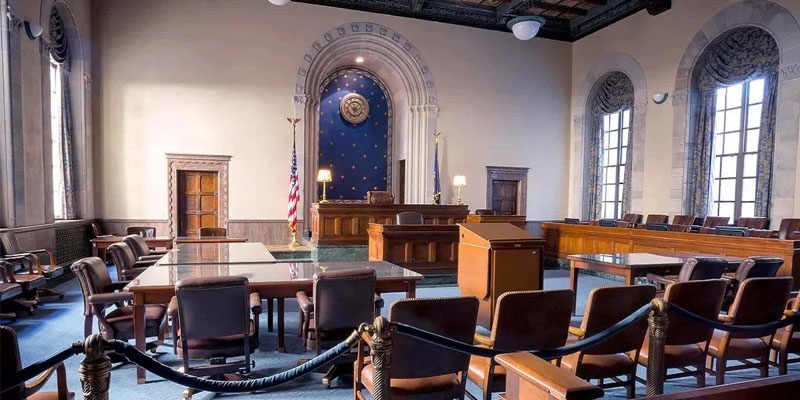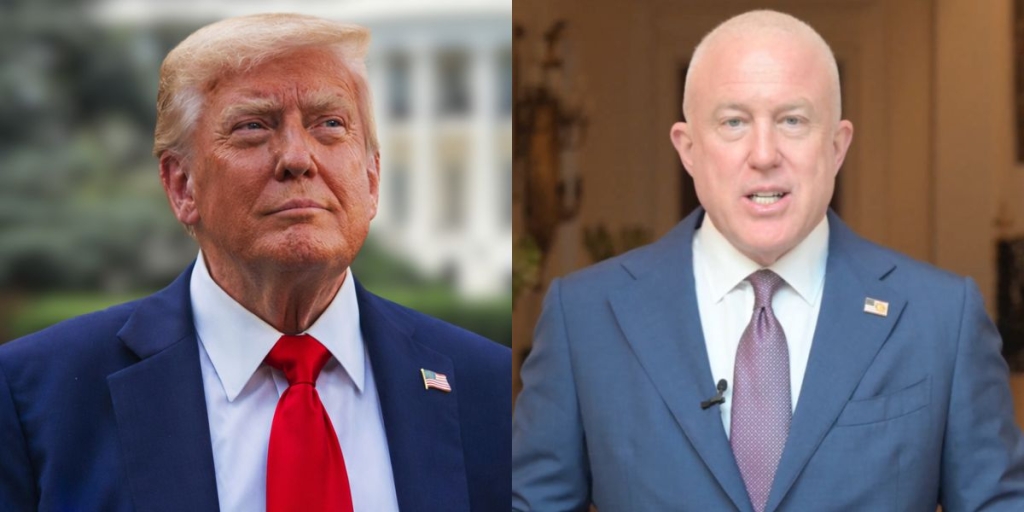“America’s Courtroom” refers to the Montgomery courtroom of Frank M. Johnson Jr., a nod to the landmark cases that were decided during a pivotal time in the nation’s civil rights history.
The late Johnson, who was a U.S. District and Circuit Court judge, said he was merely doing his job.
Born in Haleyville in 1918, Johnson became known as a civil rights activist and federal judge who contributed to the end of segregation and disenfranchisement of Blacks in the Deep South. His groundbreaking cases were in the middle of some of the most turbulent times in history.
A year after being appointed by President Dwight Eisenhower to the United States Court for the Middle District of Alabama, Johnson ruled in 1956 in favor of Rosa Parks in the Montgomery Bus Boycott case to strike down segregation laws in the transit system in the state’s capital city. He also ordered Montgomery police and the Ku Klux Klan to stop intimidating Freedom Riders from riding buses and, in 1965, overturned Gov. George Wallace’s decision to prohibit the Selma to Montgomery March.
Johnson’s tenure with the district court ended in 1979 when President Jimmy Carter appointed him to the United States Court of Appeals for the Fifth Circuit and then to the Eleventh Circuit. Throughout his career, Johnson remained faithful to the Constitution and was awarded the Presidential Medal of Freedom in 1995 by President Bill Clinton.
Johnson’s influence was seen not only in Alabama. His interpretation of law when it pertained to the changing of segregation practices and demolishing Jim Crow laws was recognized around the country.
The Frank M. Johnson Jr. Institute in Montgomery was founded in 2019, the year that Johnson would have turned 100 years old. The mission of the institute is to promote understanding of, and education regarding, the Constitution, the independent judiciary it created and the impact of the rule of law on our lives. The institute is housed in the Frank M. Johnson Jr. United States Courthouse Complex in Montgomery and is listed as a National Historic Landmark.
In January 2019, the institute opened with more than 400 visitors over the two-day event to its Centennial Symposium, held at locations around the city, including the Alabama Shakespeare Festival and Dexter Avenue King Memorial Baptist Church. One of the distinguished guests was former U.S. Ambassador Andrew Young.
An important goal of the institute is to educate middle and high school teachers about Johnson, his cases and his legacy so they may learn new strategies to teach their students through stories of Johnson’s cases.
(Courtesy of Alabama NewsCenter)













